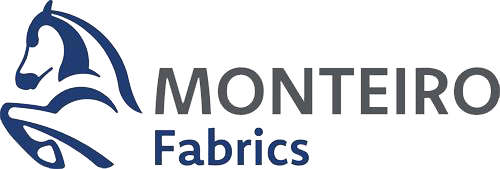
Portuguese Waste Transformed into Coated Fabrics by Portugal Têxtil
May 7, 2025
By Francisco Marques for Portugal Têxtil
Francisco Marques, our Sales Manager, spoke with Portugal Têxtil about Monteiro Fabrics’ latest innovations and the importance of using local and sustainable resources in textile development.
These new solutions, applied on cotton or recycled polyester substrates, were presented at the latest edition of Heimtextil: a PVC coating made with 65% organic materials from chestnut shells, and a polyurethane coating containing 72% organic materials, using olive pits.
The choice of these materials was deliberate, explains Francisco Marques, the company’s Commercial Director.
“We chose these two components because they are Portuguese. If we went with coconut or another material, it might be easier to find globally. In this case, we deliberately selected these raw materials because they are local,” he explains, adding that “all our articles—both substrates and raw materials—are sourced from Europe.”
These developments are the result of a long process that took eight years of R&D and extensive testing. “The chestnut shell worked well; it’s a by-product that we use a lot in Portugal,” says Francisco Marques.
Chestnut shells and olive pits are the latest organic raw materials used by Portuguese company Monteiro Fabrics to create coated fabrics for products used in the furniture industry.
Innovation is one of the pillars of Monteiro Fabrics, which has maintained an internal innovation and development department for many years. “Besides fulfilling client requests for quicker commercial delivery, we are always actively searching for innovation,” he notes.
Sustainability is another constant, though it comes with challenges—especially in terms of cost. “If we look at sales volumes for sustainable products, they’re still relatively low. But we have to present these kinds of solutions—we can’t fall behind,” acknowledges the Commercial Director. A greater challenge, however, has been successfully met by the company: “It’s not just about developing these products. Our strength lies in developing them with the same technical characteristics as conventional products,” he emphasizes.

The company is currently working on new products, still under wraps, but Francisco Marques hints that they will focus on “sustainable and recycled” solutions.
In recent years, Monteiro Fabrics has shifted its market focus, now giving more importance to the furniture industry, which currently represents around 60% of its business, compared to 40% from the automotive sector. “The automotive market is a bit unstable. It's declining, and we’ve had to reinvent ourselves and shift focus to other opportunities,” says Marques.
The company also serves a small healthcare niche, producing anti-static fabrics for operating rooms and other technically advanced products, such as antibacterial and fluid-repellent materials for hospitals, clinics, and care homes.

The year 2024 saw a slight decrease in turnover, totaling €6 million. “We can’t say it was our best year—it wasn’t. It was actually an atypical one. But we learned a lot,” reflects Francisco Marques.
Having strengthened its commercial team—Monteiro Fabrics now employs around 90 people—the company expects growth in several markets this year. Currently, Monteiro Fabrics sells mainly across Europe, and France is expected to be the fastest-growing market in 2025, supported by a strong commercial push.
The Nordic countries are also showing increasing interest in sustainable products. “We’ve grown our team over the last two years to harvest the results over the next two or three. Because 2025 will be another challenging year,” says Marques. Even so, he believes that “this year will be one of growth.”
Read the full article in Portuguese Here.







